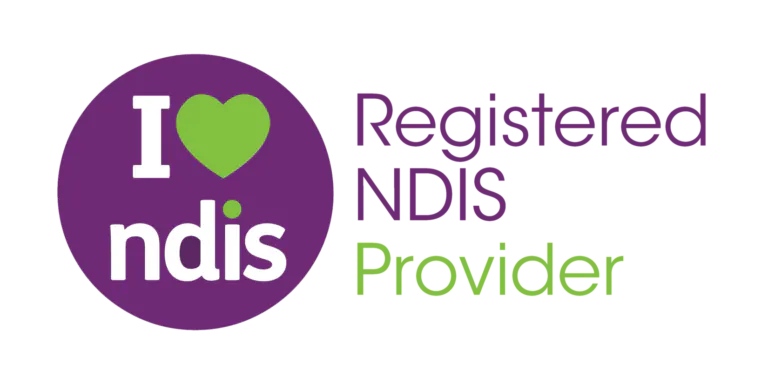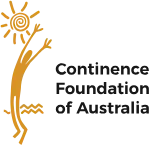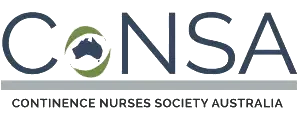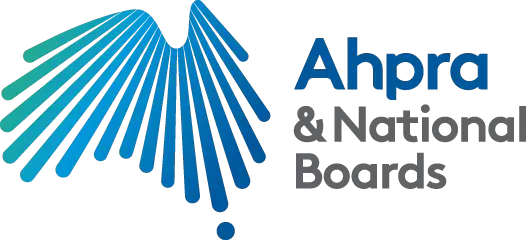Nursing Bears provides qualified Registered Nurses who are expert in wound care nursing who will assess the wound and write out a plan of care for the nurse to follow. This usually includes specific types of dressing changes based on the severity of the injury (products to be used) and how often to change the dressing.
Nursing Bears can also train support workers/families within the NDIS or aged care in prevention of pressure areas and wounds.
Some of the things to watch out for in avoiding pressure injuries are pressure, friction, and shear.
Pressure
Friction
Shear
Pressure: Constant or prolonged pressure that restricts blood flow to any part of the body. If blood is restricted to an area, nutrition, oxygenation, and tissue perfusion cannot take place. Without these essentials, the skin and nearby tissue is damaged and may eventually become necrotic.
Friction: As skin rubs against clothing or bedding, it can make weakened areas in the skin that are vulnerable to injury. This occurs often if the skin is consistently moist.
Shear: When skin slides against a surface, such as sliding down in the bed when the head only is elevated or transferring or positioning a patient by allowing the skin to move across the bedding. Fragile skin is easily ripped or torn this way.
Wound and pressure care supports can also be funded via the NDIS such as pressure care consumables and Assistive Technology (e.g. dressings, gauze, bandages, tape, lymphoedema garments and pressure wraps), and lymphoedema machines as well as assistance with the use of the equipment and the training of an NDIS-funded suitably qualified and competent worker to use the machine.






